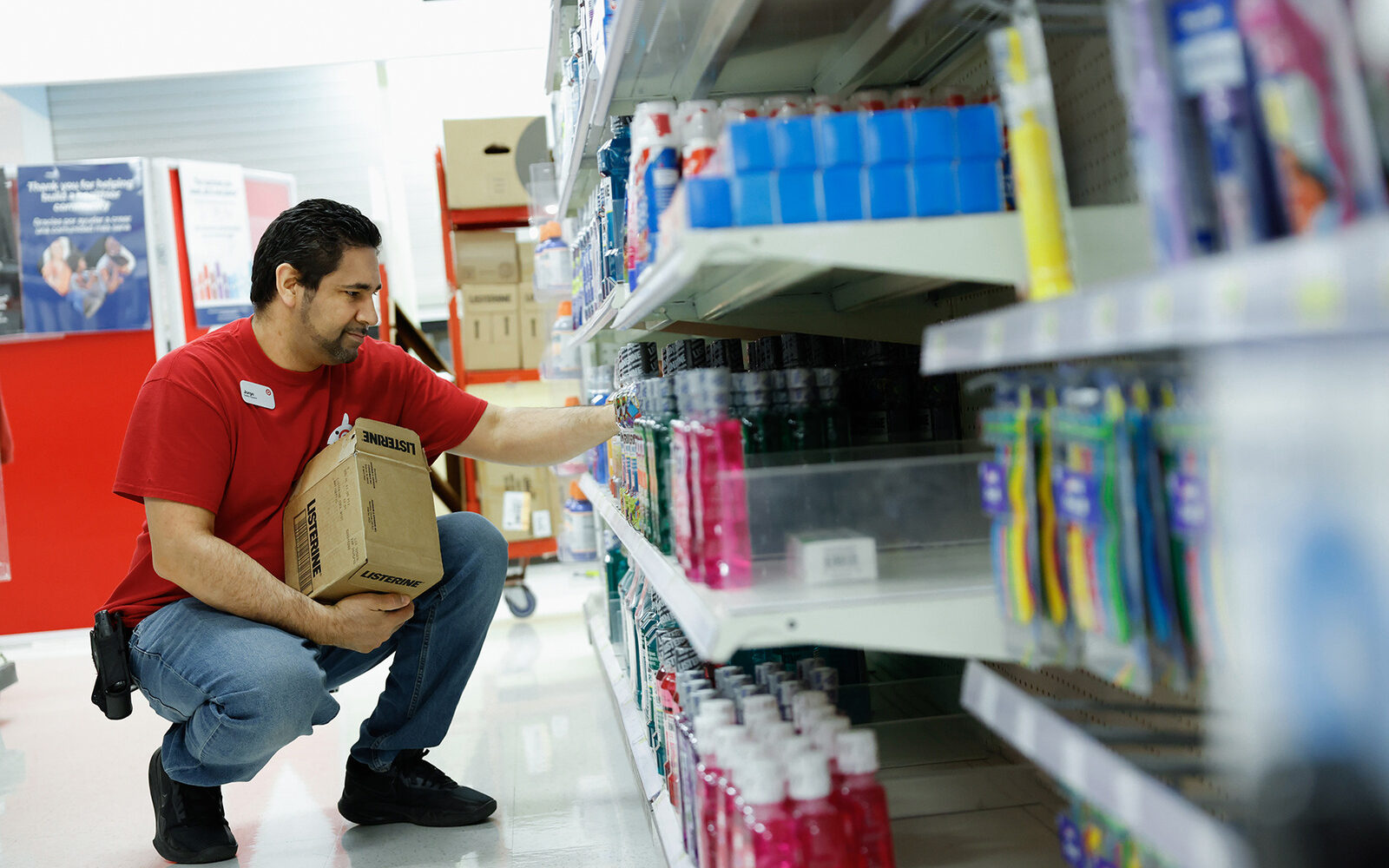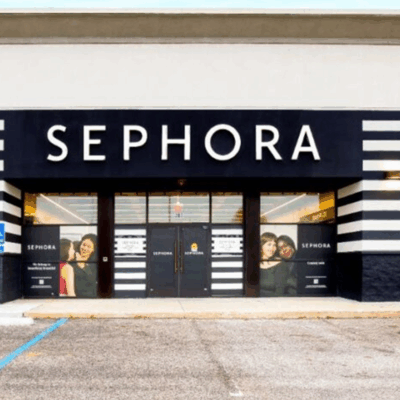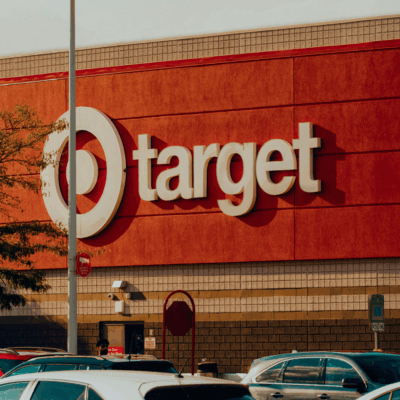
What A Rejection From Target Taught Duradry Founder Jack Benzaquen About Retail Decision-Making
Target has rejected deodorant brand Duradry, at least for now. Founder Jack Benzaquen filled his social media followers in on the stinging rebuke on X and LinkedIn, where he catalogued what the big-box chain is looking for at a moment when retailers’ checklists for brands are increasingly demanding.
Despite Duradry having generated over $25 million in sales in seven years, Benzaquen shares in Sept. 13 posts that Target decided the brand isn’t ready yet for placement on its shelves, although it loved it and its products. Duradry sells individual products for $10 to $19, including Antiperspirant Deodorant Stick, Sweat Minimizing Gel, Body Deodorant Spray and Deep Cleansing Wash, and bundles for $35 to $79.
Here are three lessons Benzaquen gleaned from Target’s decision:
1) “They are looking for the next hot thing and don’t want to miss it. You must show that your product is growing fast, a sign of product-market fit.”
2) “You need the resources to move products off the shelves. This one is usually correlated to #1. Once you hit $15-$20M, you can raise a growth equity round or get a strong line of credit.”
3) “They want to see a solid social media presence. They want YOU to bring them new customers. I checked a few new brands in stores, and they vary, but a good target would be 100k+ followers. Of course, the bigger, the better.”
“They want YOU to bring them new customers.”
In response to Benzaquen’s post on LinkedIn, which garnered 43 comments and nearly 130 likes as of Monday evening, Tara O’Brien, a beauty brand strategist and co-creator of women’s wellness brand Loyal, commented, “The biggest driver for actually getting into retailers is positioning. It is nuanced, cultural, and psychological and relies on timing. When brands have not carved out a white space clear enough, or loud enough, or disruptive enough, it can fall flat.”
Boris Zion, co-founder of beauty formulation and procurement tool company CM Studio+, added, “They want you to do all the heavy lifting and just put your already successful product on their shelves so they can buy it for pennies on the dollar from you and steal your customers. And then, whatever doesn’t sell, you have to buy back…these companies are vultures. Sure they can help you grow, once you are already successful.”
Katharine McKee, executive e-commerce lead at digital commerce firm Morphology Consulting, chimed in, “I worked CPG for years and the number one thing you need to get shelf space is data showing you can either increase baskets or bring net-new customers. Every product is evaluated on the sales per linear square foot it generates. You need to be popular/innovative/well known to be able to beat others out for that space.”
Target has been doubling down on wellness and exclusive celebrity lines this year. Dwayne “The Rock” Johnson’s men’s brand Papatui and Blake Lively’s haircare brand Blake Brown recently premiered at the mass-market retailer. The brands join other celebrity brands on the shelves of Target, including Gwyneth Paltrow’s skincare brand Good.Clean.Goop, Ashley Tisdale’s personal care brand Being Frenshe and Kourtney Kardashian Barker’s supplement brand Lemme.





Leave a Reply
You must be logged in to post a comment.